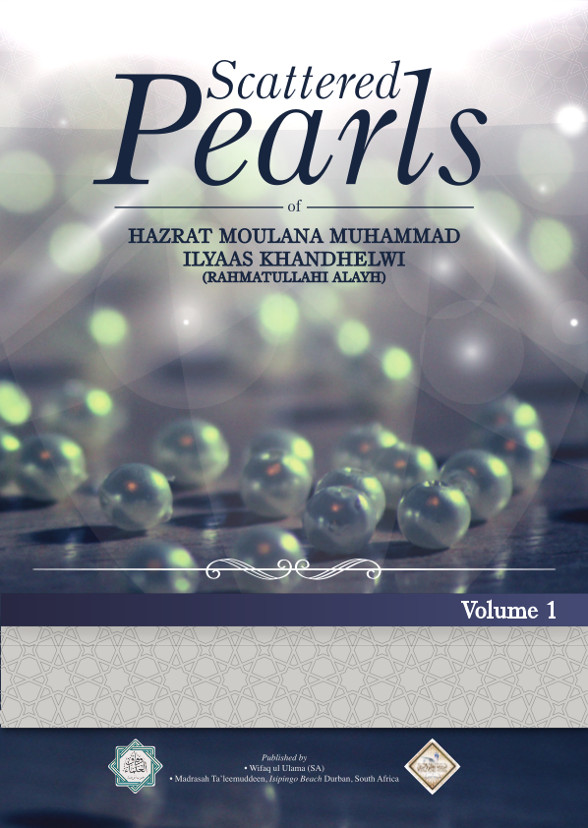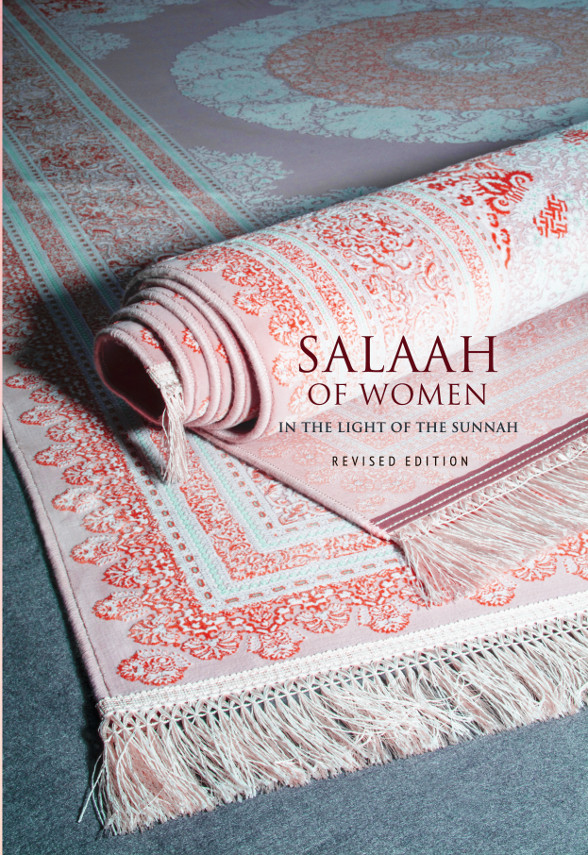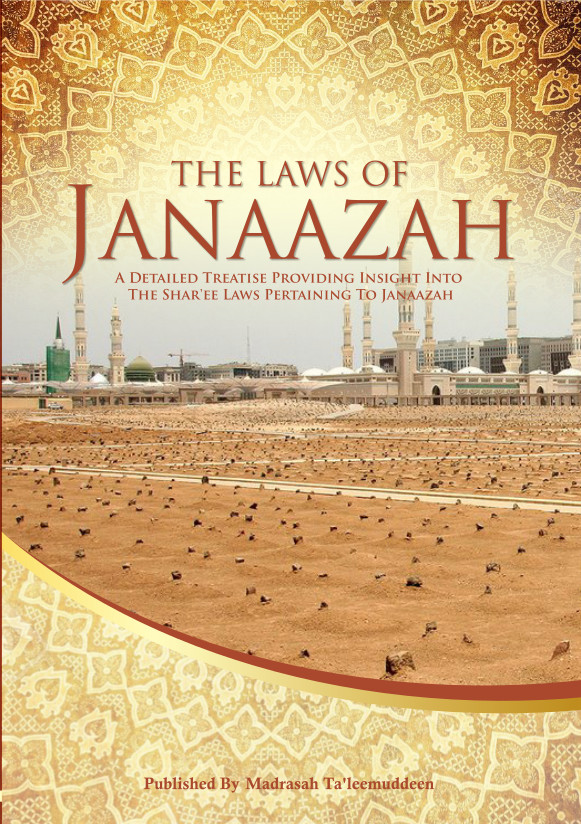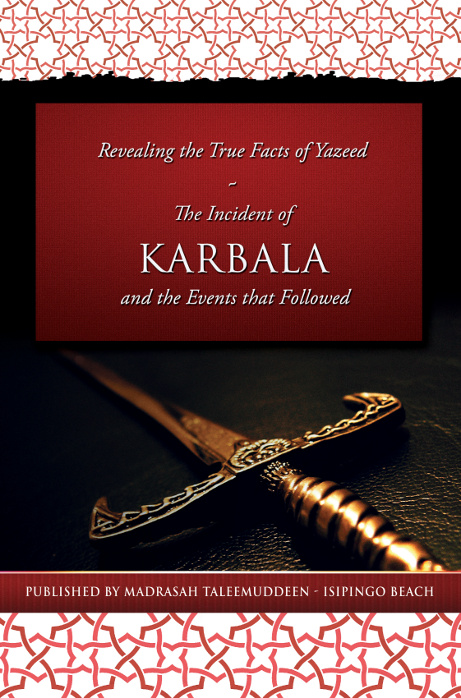Procedure of a Lay-by sale
Q: A person wishes to purchase some goods from a certain furniture store but does not have the money at present. The seller tells him that he can buy the furniture on lay-by. Will it be permissible for him to purchase the goods on lay-by and how does lay-by actually work? Through lay-by, does one become the owner of the goods immediately or only when the goods are completely paid for?

A: There are three ways in which they may carry out the lay-by sale. Below we will explain the three ways and the shar’ee laws that relate to them:
(1) The buyer and seller conclude the sale as a cash sale but the seller informs the buyer that until he has not paid the full amount, he will hold back the item. In this case, it will be necessary for the seller to mark the sold item and keep it for the buyer. When the full amount is paid, he will give the item to the buyer. It is not permissible for the seller to sell the item to anybody else as the sale has already been concluded with the buyer and the buyer has become the owner of the goods.
(2) The seller sells the item to the purchaser on the condition that if he does not pay within a specific period mutually agreed upon by both parties e.g. 6 months, then the sale will automatically be cancelled. In this case, it will be necessary for the seller to mark the sold item and keep it for the buyer. If the full amount is paid within the specified period, he will give the item to the buyer. It is not permissible for the seller to sell the item to anybody else during this period. However, if the purchaser does not pay for the item during the specified period, then the sale will automatically be cancelled. If the seller had received certain amounts of money from the purchaser, he will have to return those amounts to him.
(3) The seller informs the buyer that he will not conclude the sale unless the buyer pays the entire amount. Hence, they both agree that the exact item or its likeness will be reserved for the buyer. When the buyer brings the full amount in the stipulated period, the buyer and seller will conclude a sale on the item. Before the sale is concluded, the amount the buyer gives the seller will be regarded as an amaanah (trust) in the hands of the seller. Thus, it will not be permissible for the seller to use this money for his personal needs as it is an amaanah (trust) in his possession. He should therefore keep the amaanah (trust) safely and not use from it. However, if he used the money, then he will have to return the full amount to the client in the case where the client does not purchase the item and asks for his money.
And Allah Ta'ala (الله تعالى) knows best.
قال أصحابنا رحمهم الله تعالى للبائع حق حبس المبيع لاستيفاء الثمن إذا كان حالا كذا في المحيط (الفتاوى الهندية 3/ 15)
والمشتري إذا نقد الثمن كله أو أبرأه البائع عن كله بطل حق الحبس كذا في البدائع (الفتاوى الهندية 3/ 16)
( فإن اشترى ) شخص شيئا ( على أنه ) أي المشتري ( إن لم ينقد ثمنه إلى ثلاثة أيام فلا بيع صح ) استحسانا خلافا لزفر فلو لم ينقد في الثلاث فسد فنفذ عتقه بعدها لو في يده فليحفظ ( و ) إن اشترى كذلك ( إلى أربعة ) أيام ( لا ) يصح خلافا لمحمد ( فإن نقد في الثلاثة جاز ) اتفاقا
قال الشامي : قوله ( خلافا لمحمد ) فإنه جوزه إلى ما سمياه (رد المحتار 4/ 571)
ولو اشترى على أنه إن لم ينقد الثمن إلى ثلاثة أيام فلا بيع بينهما جاز وإلى أربعة أيام لا يجوز عند أبي حنيفة وأبي يوسف وقال محمد يجوز إلى أربعة أيام أو أكثر فإن نقد في الثلاث جاز في قولهم جميعا (الهداية 3/ 30)
وأما حكمها فوجوب الحفظ على المودع وصيرورة المال أمانة في يده ووجوب أدائه عند طلب مالكه كذا في الشمني الوديعة لا تودع ولا تعار ولا تؤاجر ولا ترهن وإن فعل شيئا منها ضمن كذا في البحر الرائق (الفتاوى الهندية 4/ 338)
ما لا تجوز الوديعة فيه لاتجوز في الوديعة ثمانية أشياء لاتباع ولاتوهب ولا ترهن ولايتصدق بها ولا تؤاجر ولا تعار ولاتستعمل متفقا عليه والثامن لا تودع إلا من كان في عياله في قول أبي حنيفة وأبي يوسف ومحمد (النتف في الفتاوى 2/578)
Answered by:
Checked & Approved:





























